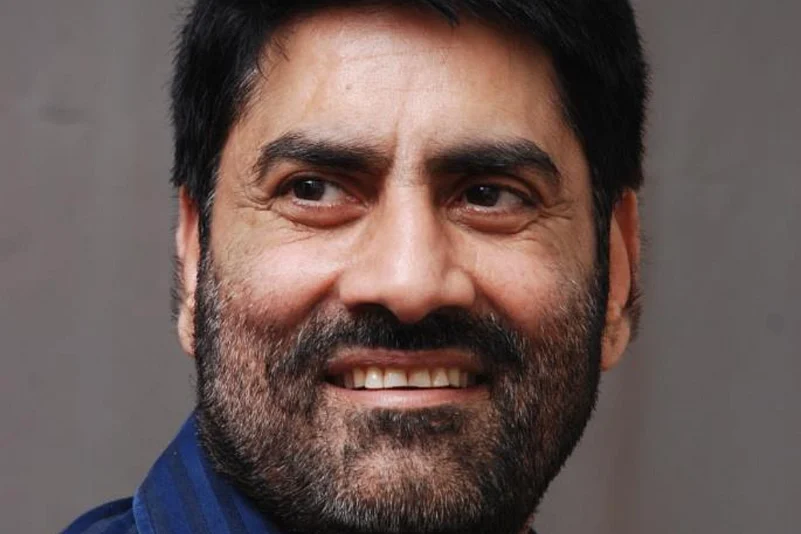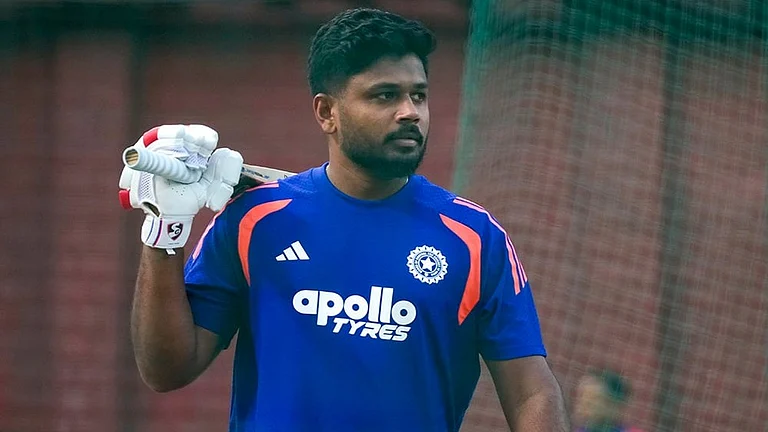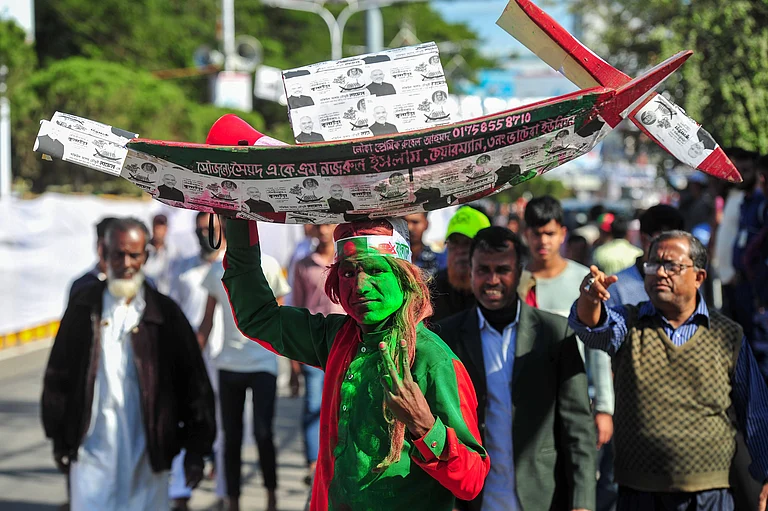Eminent theatre personality and Padma awardee Balwant Thakur took over as the Director of the Indira Gandhi Centre of Indian Culture (IGCIC), Port Louis (Mauritius). He is known as the magical man of Indian theatre, and innovation to the art that he devised and practised in Jammu. Thakur gave Dogri language international recognition. In an exclusive interview with Outlook Magazine's Ashwani Sharma, Thakur speaks about the message of India’s rich culture and performing art forms beyond the boundaries of the country.
Last month, you took over as Director of one of the world's biggest cultural centres located in Port Louis ( Mauritius). What is your role going to be?
Apart from the work of cultural diplomacy, my mission as Director of this finest institution is to convert it into the ultimate destination for art lovers. It has multiple auditoriums, studios, seminar halls and my effort will be to make it the most happening place in Mauritius with a professional showcasing of Indian culture.
When was this centre set up and what functions it has been performing?
Though the centre was established in 1987, this new multi-arts complex spread over 20,000 square meters was dedicated to Mauritius by the then Prime Minister of India Late Atal Bihari Vajpayee in the year 2000. The centre organises over 300 programmes a year in addition to giving regular classes in Indian classical music (vocal/instrumental), dance forms like Kathak, Yoga, Sanskrit language, and theatre. Under our food diplomacy programme, we run a restaurant in the centre that offers delicious Indian cuisines. The Centre has a huge library with a defined calendar of regular literary events and Indian film shows.
Many call you the 'Magic man of Theatre', which obviously speaks volumes about your contributions to the field. How did you rise to this position?
In theatre, I always tried to seek originality. Fact remains that the majority of my contemporaries are following established conventions whereas my thrust has been to evolve something new both in content and form. I am a firm believer in the fact that regions can be International. So instead of looking at the established western schools of thought in theatre, I rooted my creative work in the cultural soil of my region - Jammu. While experimenting with the local performing modes,I created a few theatre productions which became global. Some of my Dogri plays have become iconic because they are rooted in the soil, local and folk culture and language.
With a Padma Shri to your credit and so many other honours and awards, how do you feel when you look back on your journey from the small village Reasi in Jammu to Port Louis?
In India we hardly take up arts as a full-time profession. I was one of the few in Jammu & Kashmir, maybe even one of the first, who mustered the courage to venture into creativity as my full-time profession. It has been a huge struggle but I am happy for the reason that now new aspirants have a story to tell and follow. My journey has inspired hundreds who are now shouldering the cause of culture. I followed strict discipline. One has to set his /her goals right and work hard.
How is India's image abroad vis-a-vis its cultural journey, which makes it proud globally?
India has been the world's cultural leader. We are the oldest culture of the world which gave birth to Hinduism, Jainism, Buddhism, Sikhism in addition to various unique thoughts and philosophies of life. Nowhere on this Earth, one can find the kind of cultural diversity which India offers. Our amazing composite culture is our ultimate strength. Our culture enjoys huge respect abroad.
It is said India's cultural "image" abroad has really improved up during the past few years. Is it true?
It is true. I will take the example of Yoga. The form of exercise and meditation is taking the Indian flag to the ultimate heights. I am a witness to the magic of Yoga which is in huge demand all over the world. We have established Yoga centres in all the cultural centres of India abroad.
What's the way forward from this position in India?
We need to have a more professional and strategic approach to our cultural initiatives abroad. Opportunity and demand are immense, We also need to upgrade our approaches to compete with other growing cultures. Our strength lies in our purity and that is required to be protected and preserved.


























